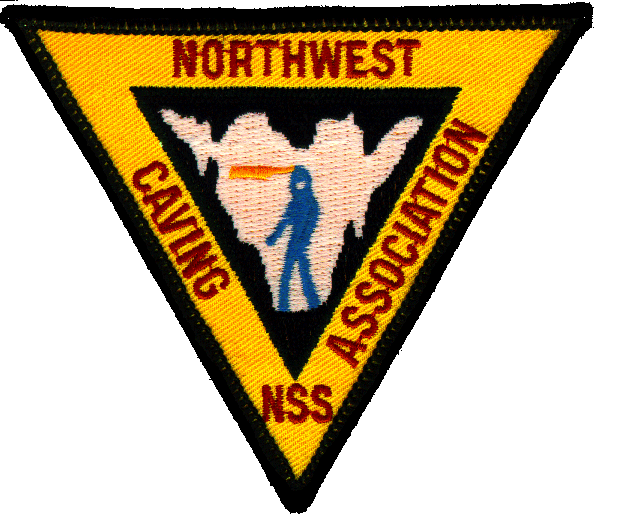|

NCA Home
|
NCA Bylaws
Membership
Application and Withdrawals
Application for membership in the NCA under Article VI of the Constitution must be made in writing to the Executive Board, must specify the type of membership applied for, and must be accompanied by a current membership list of the organization applying which identifies officers and a selected representative on the Executive Board. Such applications will be addressed by the Executive Board at its first meeting following receipt. Withdrawals from membership in the NCA shall be considered effective from the time of receipt of a written withdrawal addressed to the Executive Board.
Obligations of Member Organizations
Each member organization shall present to the Executive Board by Jan. 1st of each year a complete list of all its officers and the individual selected to represent it on the Executive Board.
Executive Board
- Composition and Voting Rights
The Executive Board shall consist of a Presiding Officer (Chairman), one appointed or elected representative from each regular member organization and one appointed or elected representative from each associate member (co-operating) organization. Each of the said representatives shall have only one vote. Non-affiliated NSS members within the NCA shall have only one representative on the Executive Board and may be represented only if they number five or more.
- Selection of Board Members
In the event that a member organization shall not elect or appoint an Executive Board member, that organization's Chairman shall automatically assume the office. Non-affiliated NSS members shall elect their representative by or at the first association meeting in a calendar year.
- Elected Officers
The Executive Board shall elect annually a Presiding Officer (Chairman) and any other officers necessary to conduct the business of the association. Elected Officers must be members, in good standing, of the National Speleological Society and must keep their NSS dues paid up during the time they hold NCA Office. Any Board member serving as a Presiding Officer may not simultaneously act as a representative of a member organization or non-affiliated NSS members and must be replaced in that capacity by an alternate representative. A Presiding Officer may vote in NCA business only to break a tie.
- Appointed Officers and Committees
With the approval of the Executive Board, the Presiding Officer may appoint officers and committees to further the purposes of the association and may replace such officers and dissolve or reorganize such committees as required.
- Meetings
- Open Meetings
Business meetings shall be held as required at association functions and shall initially be open to full participation by any individuals with representatives on the Executive Board. Such individuals may take part in discussions, introduce motions and vote by show of hands, subject to the unanimous approval of the Board members present.
- Restricted Meetings
In the absence of unanimous Executive Board approval of an open meeting format at any point during such a meeting, the Presiding Officer shall, at the request of any Board member, restrict discussion, motions and voting to Board members only until the Board agrees by consensus to return to open meeting format.
- Closed Meetings
At the request of any Board Member, the Presiding Officer may table any subject for discussion at a closed meeting of Board members only.
- Minutes of Meetings
The Presiding Officer shall be responsible to ensure that minutes of all Board meetings are kept and that copies are distributed to all regular and associate members of the association.
- Conduct of Business
- Referral of Issues
At meetings in which fewer than half of the association's voting members are represented, all Board decisions and proposed actions must be referred by the Presiding Officer to the balance of the voting members before they can be implemented.
- Decision-making Alternatives
In order of preference, the business of the Executive Board shall be conducted:
- By consensus;
- By majority vote with dissenting votes and positions being recorded in the meeting minutes upon request;
- At the request of any Board member, by referral to absent Board members to obtain a majority decision of the entire Board;
- At the request of any two Board members, by referral through each Board member to all members of the organization or to all individuals represented by him/her. The Board member shall be responsible for returning to the Presiding Officer within six weeks a statement of the number in favor, the number opposed, the total number polled and the total voting membership of the group represented. A two-thirds majority shall be required to adopt a position and minority positions may be recorded upon request.
Amendments
These bylaws may be amended by a two-thirds vote of the Executive Board.
|

